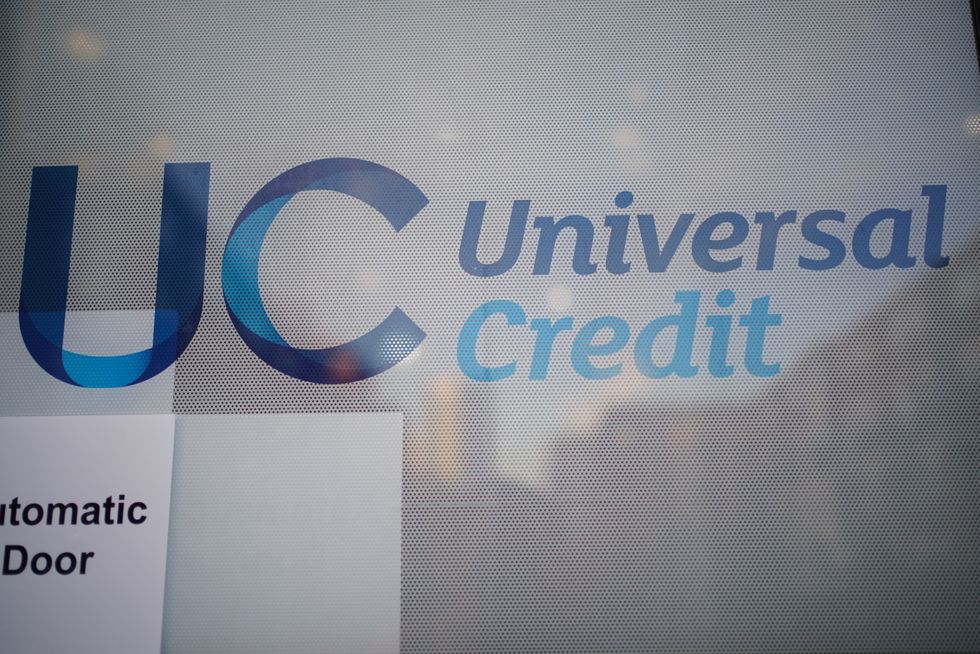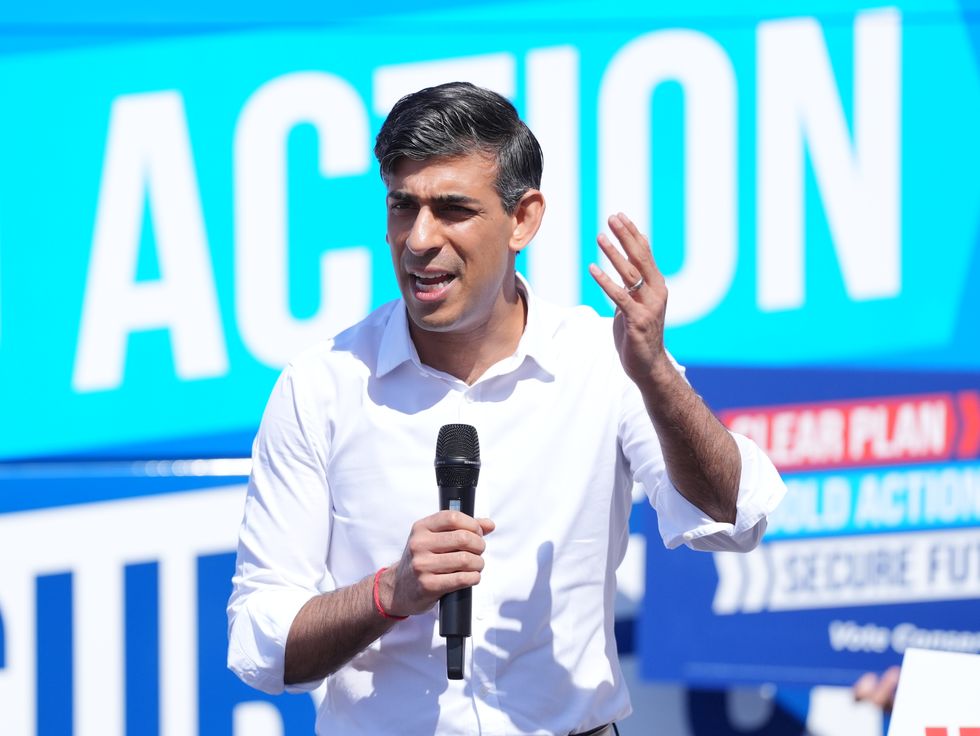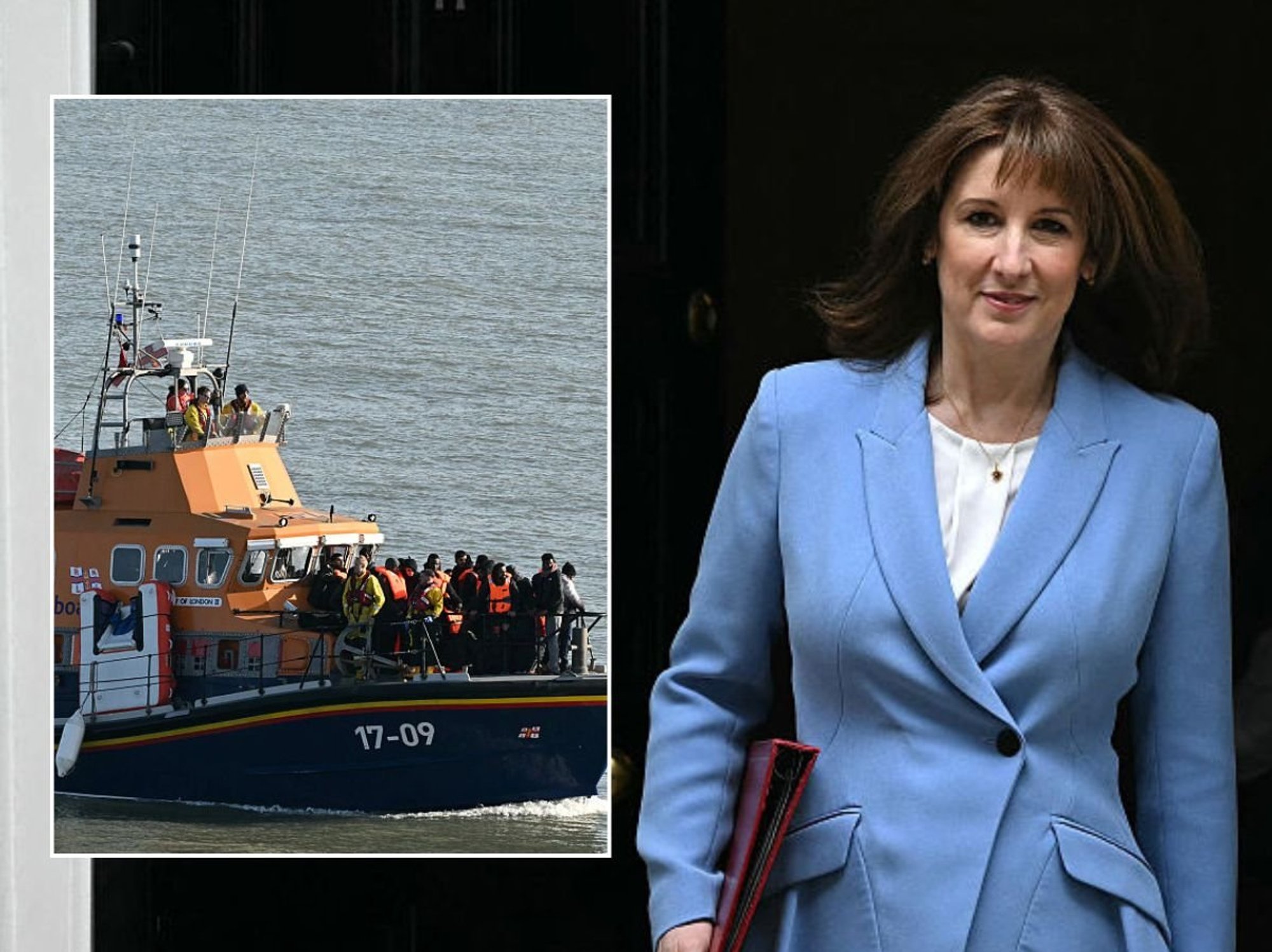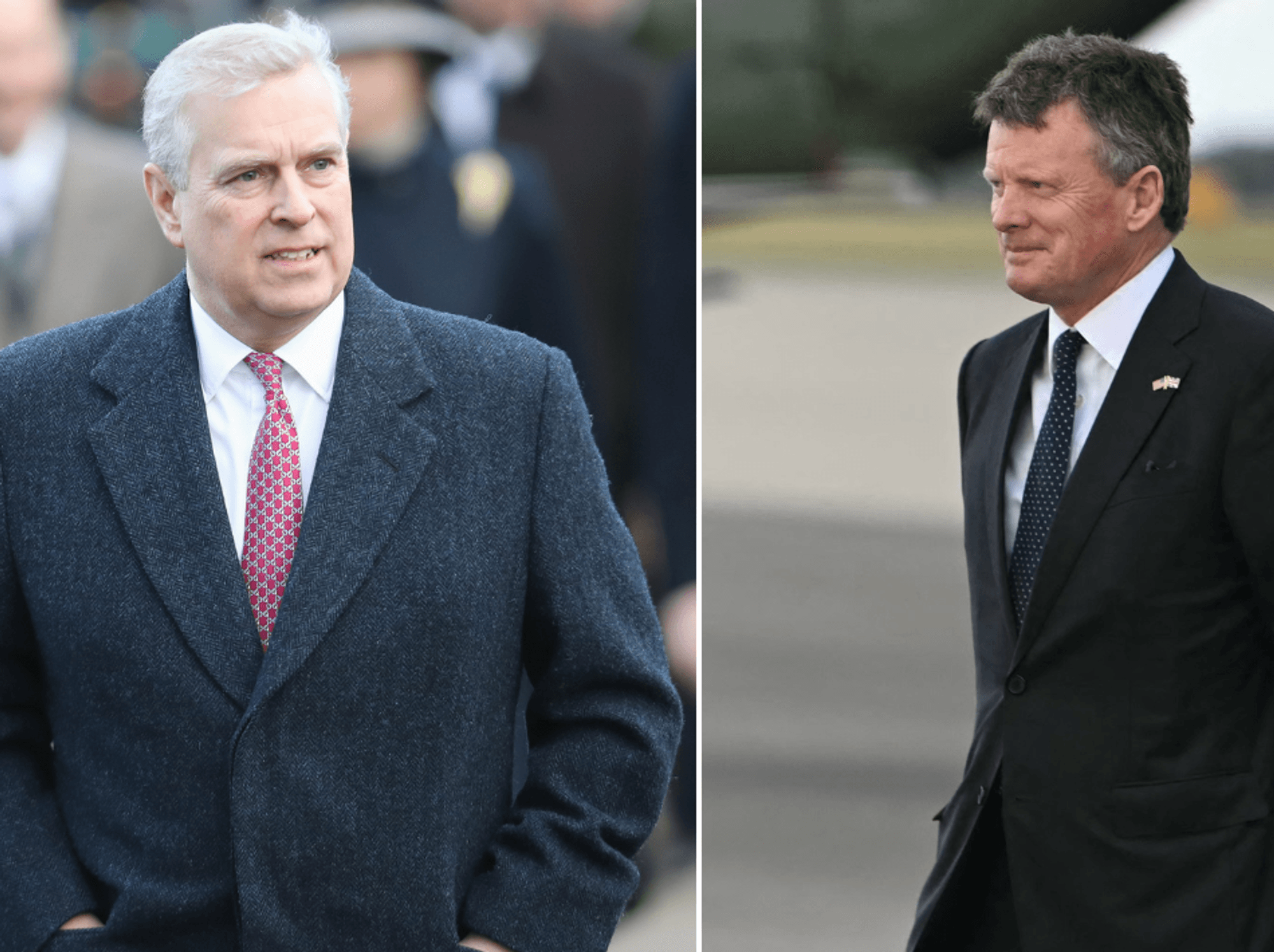Universal Credit shock as Britons 'in favour' of doubling DWP payments

Universal Credit is the primary benefit payment for non-working people
|GETTY

Universal Credit is the primary benefit payment for unemployed people which is administered by the DWP
Don't Miss
Most Read
Universal Credit payments for claimants on the basic rate should be doubled on average, according to the British public.
A recent survey conducted by the New Economics Foundation found that Britons believes recipients of working-age benefit payments from the Department for Work and Pensions (DWP) should get just over half of the National Living Wage.
This amount is more than double the current basic rate of Universal Credit which is currently £393.45 per month for single people and £617.60 per month for couples.
Respondents on average think the actual amount unemployed Britons currently get is 48 per cent of a full-time minimum wage salary and believe that it should be set at 53 per cent.
In reality, Universal Credit's basic rate is £91 a week for a single person for a single person over the age of 25, which is only 23 per cent of the £400 someone is paid for working 35 hours on the National Living Wage.
Based on this new polling, Britons think the benefit payment's basic rate is more than double what it really is compared to the full-time minimum wage salary.
Do you have a money story you’d like to share? Get in touch by emailing money@gbnews.uk.

New polling suggests the British public believe Universal Credit should award more
| PAWhen the minimum wage was rolled out in 1999, unemployment benefits were worth 40 per cent of a full-time minimum wage salary.
However, this has fallen to just 23 per cent now as the wage has failed to keep up with inflation in real terms. .
Tom Pollard, the head of social policy at NEF, explained: “The cost of living is the biggest concern for voters at this election campaign, but too often these debates fail to represent the reality of the lives of people getting by on the lowest incomes.
“When benefits are discussed, the public often come away with the impression that people receive much more financial support than they really do.
"This is partly because benefit rates are not pegged to a meaningful assessment of how much is needed to make ends meet, as the New Economics Foundation has been calling for.
“This polling shows that, when given a tangible and relatable benchmark of a minimum wage salary to compare to, most people hugely overestimate the current value of unemployment benefits but are still in favour of them being increased.”
Notably, the think tank's research found that that, regardless of voting intention at the General Election, survey participants all supported a much higher rate of unemployment benefit compared to what is currently getting paid.
On average, supporters of the Labour Party believed the basic rate of Universal Credit should be 57 per cent of a full-time minimum wage salary.
Labour supporters on average felt the basic rate of Universal Credit should be 57 per cent of a full-time minimum wage salary.
In comparison, 56 per cent of Liberal Democrat supporters said the same as did 46 per cent of Tory voters.
LATEST DEVELOPMENTS:

Rishi Sunak has pledged to get people off benefits and into work
| PAPollard added: "Very few people would think that getting by on a minimum wage salary is easy or comfortable, and so it’s understandable that the public wouldn’t expect people to have to live on less than half of this income.
“But benefits are at historically low rates, particularly in relation to average wages, and many people have to try to meet their day-to-day costs on less than a quarter of what people in the lowest-paid full-time jobs receive.
“As a starting point, the next government must introduce an Essentials Guarantee so that people have the security of a level of income that allows them to meet their essential costs.”
A Government spokesperson said: “We are providing £104billion in cost of living support worth on average £3,700 per household, including investing over £2billion into the Household Support Fund to help those in most need – and almost £800million has been paid out to families with children so far.










